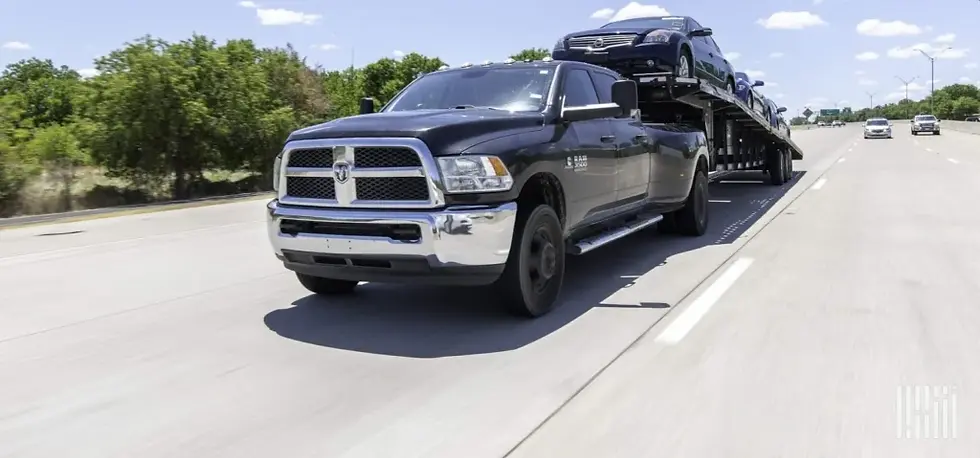Hot Shot vs. Traditional Trucking Insurance: What’s the Difference?
- Nate Jones, CPCU, ARM, CLCS, AU

- Sep 12, 2025
- 2 min read
If you're entering the trucking industry, choosing the right insurance is one of the most important decisions you'll make. Whether you're running a hot shot trucking operation or managing a traditional freight fleet, understanding the differences in insurance requirements can save you time, money, and legal trouble.

What Is Hot Shot Trucking?
Hot shot trucking involves hauling smaller, time-sensitive loads using medium-duty trucks and flatbed trailers. These loads are often delivered locally or regionally and typically don’t require a commercial driver’s license (CDL), depending on the weight.
Hot shot truckers often operate as owner-operators and serve industries like oil and gas, construction, and manufacturing.
Traditional Trucking Explained
Traditional trucking refers to long-haul or regional freight transportation using heavy-duty semi-trucks and trailers. These operations usually involve larger fleets, CDL requirements, and stricter federal regulations.
Key Insurance Differences
1. Coverage Requirements
Trailer Interchange (if applicable)
Auto Liability (higher limits)
Physical Damage
Motor Truck General Liability
Wexford Insurance provides tailored policies for both hot shot and traditional trucking companies, ensuring you meet all legal and operational requirements.
2. Cost Differences
Hot shot trucking insurance is generally less expensive than traditional trucking insurance due to smaller vehicles and shorter routes. However, costs vary based on:
Driving history
Type of cargo
Operating radius
State regulations
Wexford Insurance helps new ventures and experienced operators find affordable coverage that fits their business model.
3. Regulatory Compliance
Traditional trucking companies must comply with FMCSA regulations, including maintaining higher liability limits and DOT registration. Hot shot truckers may have fewer regulatory hurdles but still need proper insurance to operate legally and protect their assets.
Wexford Insurance ensures your business stays compliant, whether you're hauling oversized loads across state lines or delivering urgent freight locally.
Final Thoughts
Choosing between hot shot and traditional trucking insurance depends on your business type, cargo, and operational scope. Both require thoughtful coverage to protect against accidents, theft, and liability. Wexford Insurance is a trusted truck insurance agency that helps transportation businesses nationwide find the right coverage—whether you're just starting out or scaling your fleet. Contact today!




